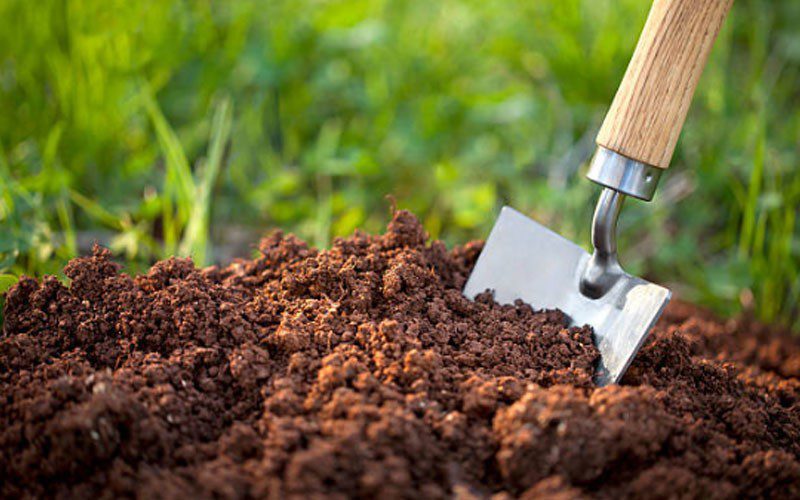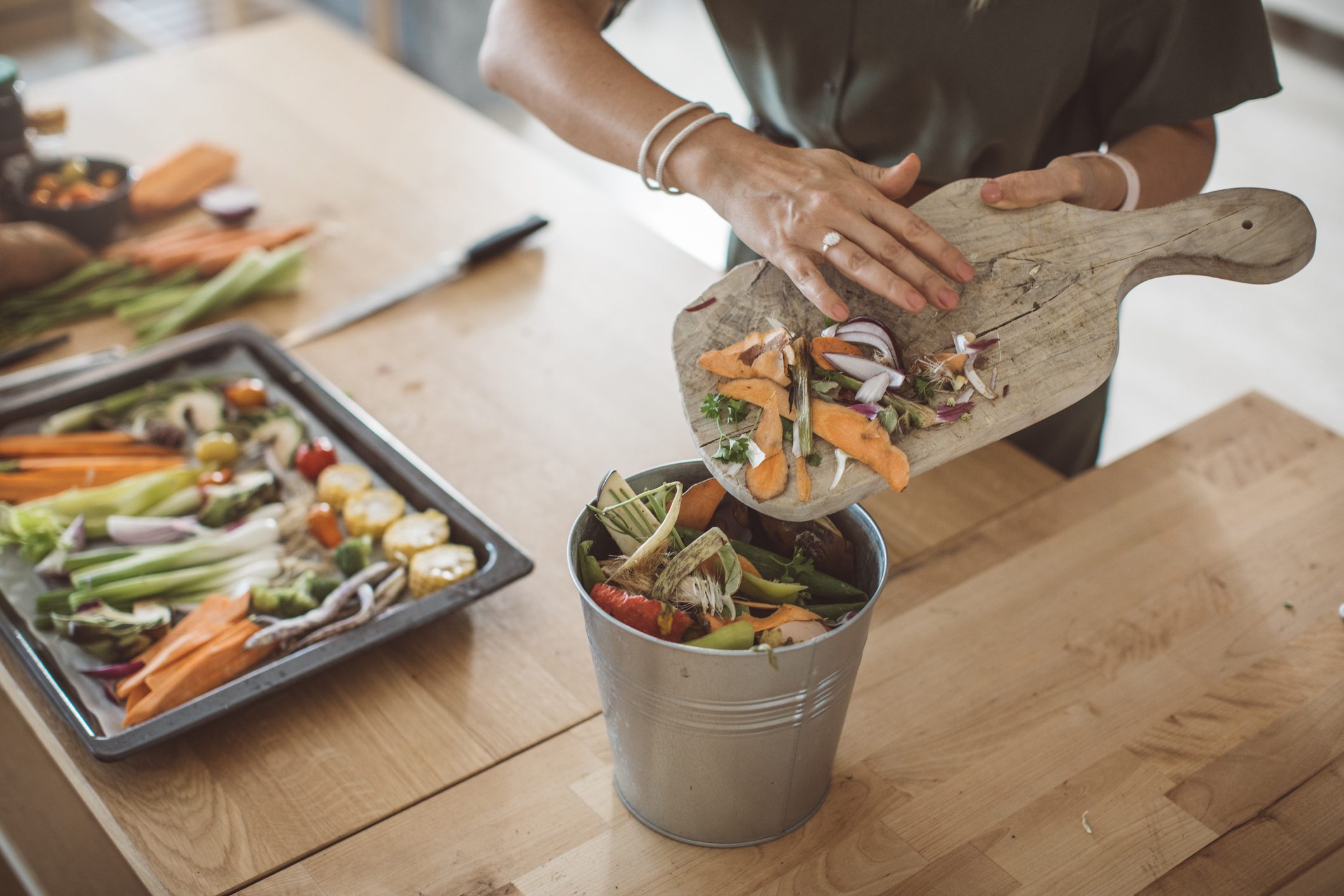Food Waste Collection and Composting
Sooner or later landfills will reach capacity and will no longer be willing to accept organic materials due to lack of space, so they must be diverted to composting sites.
What is organic materials?
All table scraps and green waste generated by residences, industries, businesses and institutions.
Collection Day
The food waste collections takes place once a week on Mondays starting at 7:00 am.
General Instructions
To ensure that your brown bin is picked up, it is IMPORTANT to follow these important points:
- The wheeled brown bin should be placed at the end of the driveway so that the wheels are facing the house, the cover should be closed but unlocked;
- The latch of your bin must be unlocked;
- The wheeled brown bin should be placed at the curb only after 6:00 pm the evening before the collection or before 7:00 am at the latest the day of the collection.
- Under no circumstances will plastic bags (including biodegradable or other) be accepted in the organic waste pick-up;
What materials are accepted in the brown bin? (in french only)
Can leaves be picked up during the food waste collection?
Leaves will be picked up with your collection. You may place your leaves in paper bags, cardboard boxes, rigid containers as well as in your brown organic bin.
Where should bins be set out?
The municipality would like to point out that it is very important, on food waste collection days, to place your wheeled bins on your property (not placed in the street) to facilitate snow removal and eliminate the risk of breakage. Waste collection bins must be positioned on your property in the driveway entrance, without however encroaching on the public road.
IMPORTANT: When left on the streets or on the sidewalk, the garbage, recycling and organic bins interfere with snow removal operations and branch pick up. To avoid slowing down these operations, it is important to place the bins inside the edge of your property.
Who owns the bin?
The bins are the property of the Village of Senneville. Each bin has a serial number associated to an address. When moving, it must remain at the address where it was delivered.
How do I get a new bin?
Submit a request via our interactive platform: https://www.villagesenneville.qc.ca/en/120/requete-en-ligne
Choose the category: AUTRES **Please specify which bin you would like (Garbage, recycling, compost).
My bin is broken. What can I do about it?
Submit a request via our interactive platform: https://www.villagesenneville.qc.ca/en/120/requete-en-ligne
Choose the category: BAC BRISÉ (DÉCHET/ORGANIQUE/RECYCLAGE) (ADMINISTRATION) **Please specify what is broken on your bin (lid, latch, wheels, bin body…), the location of the broken bin and the bin’s serial number.
My bin has not been emptied. What can I do?
Submit a request via our interactive platform: https://www.villagesenneville.qc.ca/en/120/requete-en-ligne
Choose the category: BAC NON RAMASSÉ (DÉCHET/ORGANIQUE/RECYCLAGE) (ADMINISTRATION) **Please indicate the time and date you placed your bin at the curb.
What size bins are accepted for recycling collection?
The size of the wheeled bins for food waste collection is 120 liters. Green waste placed in any other bin not bearing the Village of Senneville logo will not be picked up.
How to maintain the bin?
Rinse your tub with a mild detergent, baking soda or a solution of white vinegar and water.
How to avoid odors from organic materials?
Paper bags are available at grocery and hardware stores. Simply seal the bag tightly to prevent odors from escaping. Using newspaper is also an alternative to paper bags since newspaper is an organic material.
Summer:
- Store leftover meat and fish in the freezer until collection day.
- Place your bin in the shade between collections.
Winter:
- Coat the inside of your compost bin with a little oil to prevent food scraps from sticking.
- Wrap your food scraps in newspaper or place them in a cardboard box in the bottom of the bin to absorb liquids and prevent them from sticking.
For useful tips (in french only): https://www.recyc-quebec.gouv.qc.ca/citoyens/matieres-organiques/trucs
Composting
Home composting is a practice that is both simple and easy to adopt in order to enhance organic matter in the kitchen and garden. Since materials are composted on site, composting helps to reduce landfills as well as reduce greenhouse gas emissions.
In order for your composting process to be successful, it must contain only small quantities of plant materials. It is therefore advantageous to join the collection of organic materials in conjunction with home composting. Here are some useful links:
Compost Distribution in Senneville

How much does compost cost?
The municipality offers the compost free of charge to its residents.
Quantities are limited and will be available on a first come, first served basis.
When will the compost be available?
2025: Date to be confirmed
Where will the compost be available?
Compost will be available at 53 Senneville Road near Sunset Avenue.

